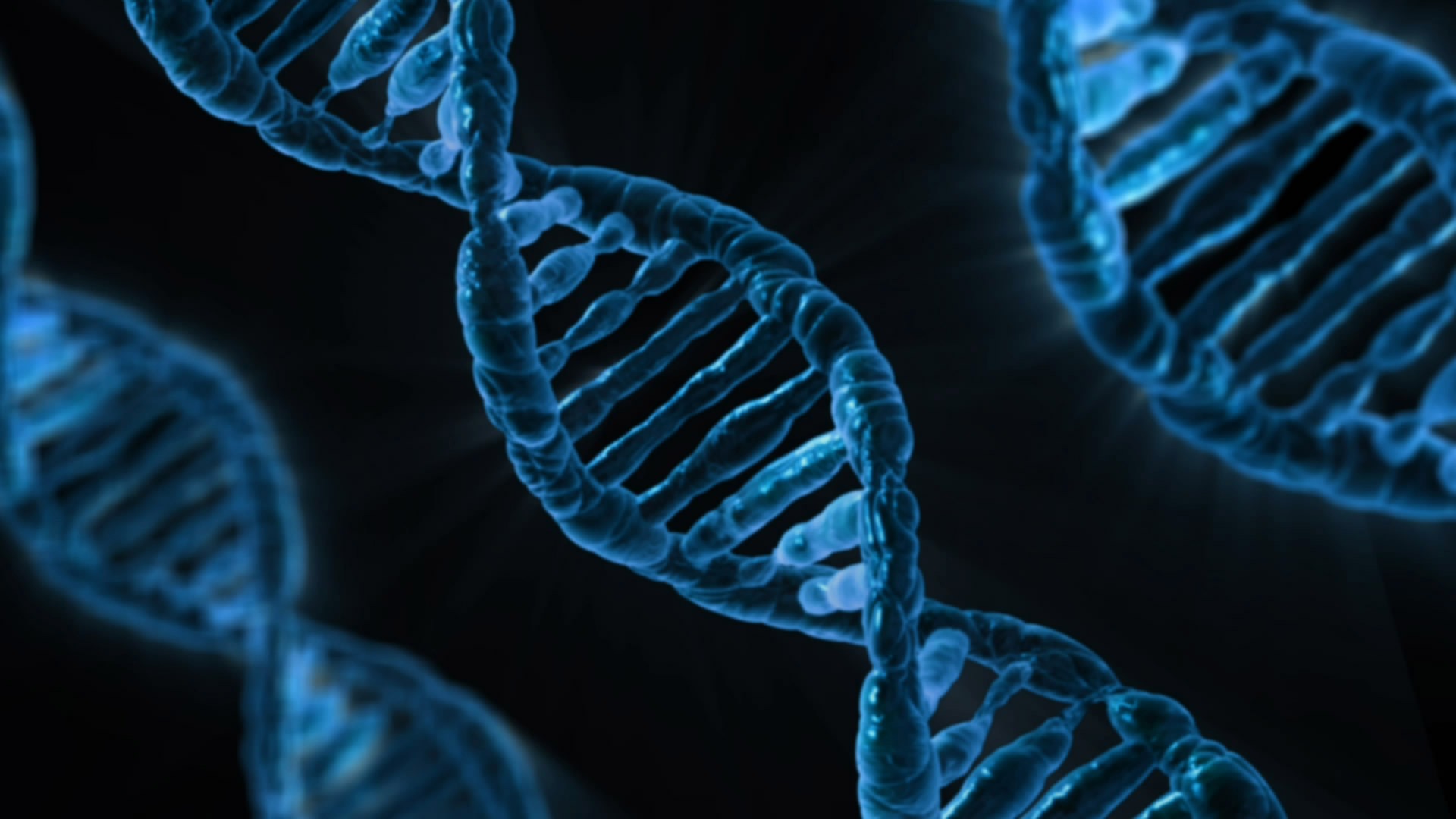Researchers from Japan’s Keio University and the United States’ University of St. Louis Washington are poised to embark on a groundbreaking clinical trial investigating the age-retarding potential of nicotinamide mononucleotide (NMN). This study, slated to begin as early as next month, marks a significant step towards scientifically validating NMN’s anti-aging claims.
The Research Proposal
The research team, led by renowned gerontologist Professor Shinichiro Imai from Washington University, hypothesizes that NMN can boost the activity of a class of proteins called sirtuins. These sirtuins play a crucial role in various cellular processes, including aging, DNA repair, metabolism, and even inflammation.
Previous animal studies, notably one involving NMN administration in mice, demonstrated remarkable results. The compound was shown to reverse age-related declines in metabolism and even restore eyesight. Building on these promising findings, the researchers propose a human trial involving 10 healthy volunteers. This initial study aims to assess NMN’s safety and gauge its effectiveness in human subjects.
The Science Behind NMN

NMN is a naturally occurring molecule found in various foods like broccoli and edamame. It serves as a precursor to nicotinamide adenine dinucleotide (NAD+), a coenzyme crucial for numerous cellular functions, including energy production and DNA repair. NAD+ levels, however, decline significantly with age, contributing to the aging process and age-related diseases.
NMN, when ingested, readily enters the body and interacts with sirtuin genes. These genes are believed to regulate the aging process by influencing sirtuin enzyme production. By boosting sirtuin activity, NMN may potentially mitigate age-related cellular decline and promote longevity.
The Value of Anti-Aging Research
The anti-aging market is a booming industry, currently estimated at a staggering $191.7 billion. Unfortunately, many products claiming anti-aging benefits lack strong scientific backing. This highlights the urgent need for robust research into aging mechanisms and the development of effective, evidence-based anti-aging interventions.
The upcoming NMN clinical trial represents a significant step in this direction. By employing rigorous scientific methods, the study has the potential to shed light on NMN’s true anti-aging potential and pave the way for future interventions aimed at promoting healthy aging and extending human lifespans.
News Source

